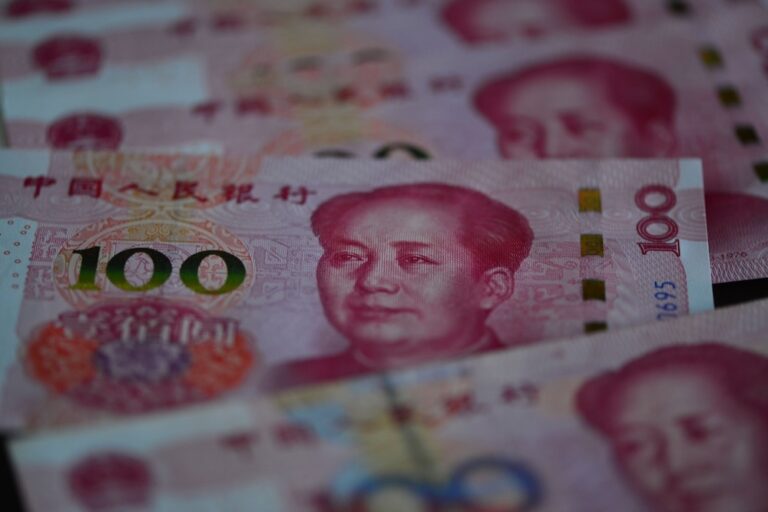Seven journalists from Hong Kong and Japan were forced to leave Wukan after they reported on village protests.
(IFJ/IFEX) – 19 December 2011 – The International Federation of Journalists (IFJ) condemns the shutting down of internet services by Chinese authorities and the forced expulsion of journalists covering protests in Wukan village, in Lufeng County in China’s southern Guangdong Province.
On December 18, a number of journalists, including the Hong Kong-based Cable Television journalist Lam Kin-Seng and his three colleagues, and three journalists from the Japanese national public broadcaster NHK, were forced to leave Lufeng County by Chinese government officials. The excuse given for the journalists’ removal was ‘personal safety’.
Lam has said he was stopped by five or six plain-clothes police as he was about to leave a restaurant, where he had written an article. They asked him to leave Wukan because the “village has internal conflict” and “for protection of his personal safety”. Despite Lam’s insistence that he felt no threat to his safety, he was encircled by police and forced to leave. Officials from propaganda departments of Lufeng county and Guangdong Province were also present.
Some foreign media, including the UK Daily Telegraph, British Broadcasting Corporation (BBC), New York Times and Agence France-Presse are still able to report from Wukan, though their movements have been restricted by the heavy police presence.
IFJ sources said local internet service providers received an order from authorities to shut down all internet services in Wukan village today. This response is similar to the approach taken by the Chinese government in response to riots in Xinjiang province in July 2009. In that case, the Xinjiang Government shut down all internet and telephone services within the province, effectively isolating the population.
Protests in Wukan were initially sparked by the discovery that 500 hectares of village land had been sold to developers without any compensation being paid, and by allegations of political interference in the election of village representatives. The situation escalated with the death of Xue Jinbo, who died in police custody after three days of detention.
More than a thousand police have surrounded Wukan village after protesters barricaded themselves in the village in response to Xue’s death. It is reported that the villagers are now facing food shortages as the siege enters its second week.
Xue’s family members suspect that he was beaten to death, as he suffered multiple bone fractures and extensive bruising. However, government officials maintain that Xue died of a heart attack, based on an autopsy conducted by the Zhongshan University forensics medical center.
Reporting in the Chinese media of events in Wukan was censored immediately following Xue’s death. The only published reports have reproduced information from an article which appeared in Xinhua, the official newspaper of the Chinese Communist Party, on December 14. The English-language edition of an official Chinese Communist Party news portal, Global Times, was the only media outlet to report the case the next day.
“‘Personal safety’ continues to be used as an excuse by Chinese authorities to prevent journalists from reporting on politically sensitive issues in mainland China,” IFJ Asia-Pacific Director Jacqueline Park said.
“For many journalists investigating stories of great public interest, such as the events in Wukan, the greatest threat is not from protestors but from the authorities themselves.”
The IFJ demands Chinese authorities rescind any order restricting internet access in Wukan.
The IFJ also calls for Premier Wen Jiabao to honour his promises on press freedom made after the Olympic Games, where the State Council of China issued new regulations stating clearly that all overseas, Hong Kong and Taiwanese media had the right to report freely in China with the consent of the interviewees.


